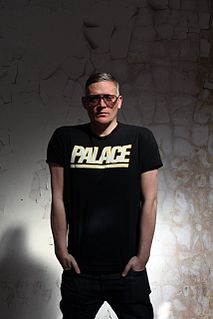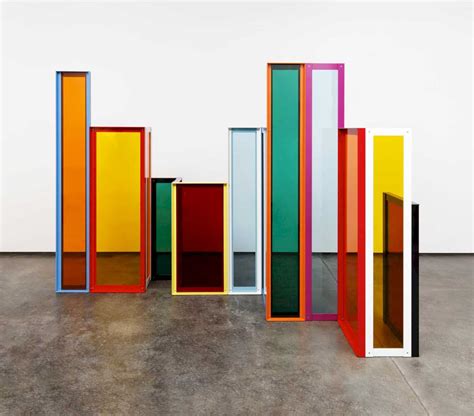A Quote by Ben Lerner
Anyway I read more contemporary poetry than contemporary fiction so my mind goes first to a kind of crass "conceptualism" that repeats vanguard gestures of the past minus the politics and historical context.
Related Quotes
I think it's important to humanize history; fiction can help us remember. A lot of books I've read in the past have been so much more important than textbooks - there is an emotional connection with one particular person. I'm very much of a research-is-important type of fiction writer, even for contemporary fiction. I wrote about blogs in America and I've never blogged. But I read many, many blogs - usually about feminist things, or about race, or about hair.
The problem with kitsch is that it is all too profound, manipulating deep libidinal and ideological forces, while true art knows how to remain at the surface, how to subtract it's subject from it's deepest context of historical reality. The same goes for contemporary art, where we often encounter brutal attempts to return to the Real, to remind the spectator or reader that he is perceiving a fiction, to awaken him from a sweet dream.
We can no longer contemplate the subject - self - of contemporary art; it has been woven into infinite relationships, replaced by social movements, national image, and financial capital. The disappearance of the construction of the self of contemporary art makes it impossible to exist in the form of a subject. The subject of contemporary art that I speak of is a kind of naming event predicated upon the multiplicity of the environment. It includes politics, should have its own way of thinking, and can be perceived.






































